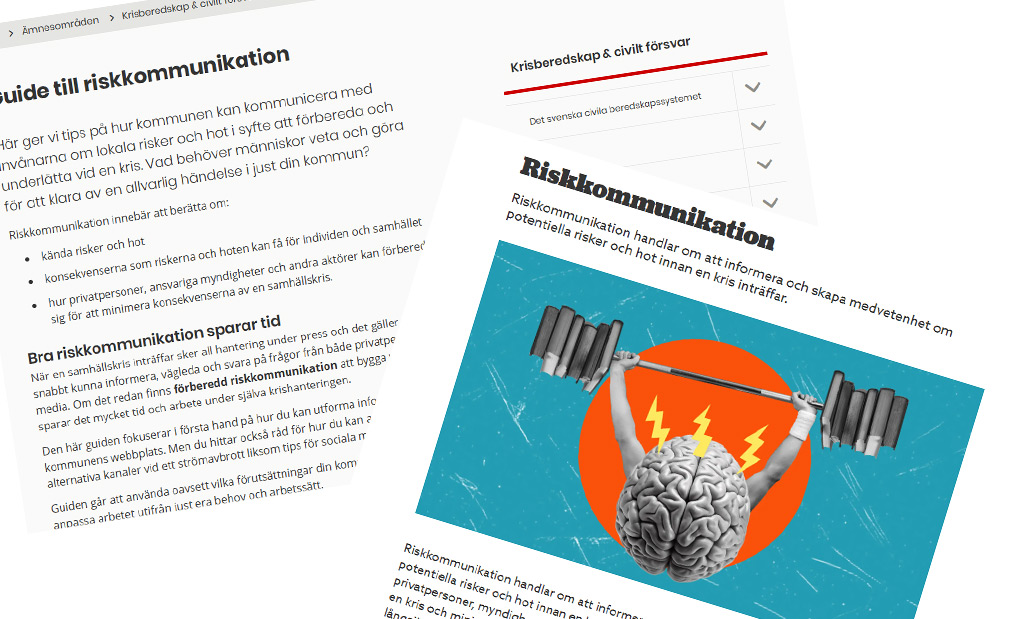Why management scholars should read Hermann Hesse
Frequently read and seldom analysed, Hermann Hesse – a German-Swiss novelist, Nobel prize winner – is a familiar non-person to most management students and academics. While the readability of his novels is still high around the world, management scholars have made no attempt to view Hesse’s works as anything resembling well thought out management learning processes. While he was banished from the country for his anti-war views and critique of the totalitarian regime of Nazi Germany, he believed in the humanizing power of education. (Hesse, 1971).

Hermann Hesse could even help management scholars to educate and prepare students for demanding future challenges such as climate changes or global sustainability crises. Following Hesse’s ideas, education is not about training powerless capitalism’s foot soldiers, but about lightning a fire of responsibility and service for others and the world. As we can learn from Hesse, inspiring business students to abandon the roles of corporate subordinates, and to take the role of passionate and ethically oriented change makers, is one of the most important duty of the contemporary management education.
Through his novels, as well as his life, Hermann Hesse shows the powerful position of awakened and self-willed people: those who do not want to follow the institutional wants and wishes, and who are not interested in obeying the social rules when they stand in opposition to their dignity. Obedience, for Hesse, doesn’t make it possible to follow the own path and to realize the own will. All of Hesse’s characters are rule breakers who will try anything and indeed seek everything in human experience in order to free themselves from oppressive social norms. And some of them are breaking the rules of educational systems. All Hesse’s heroes are struggling with the wheels of oppression, trying to find their way out in order to protect their freedom and wills, and to take full responsibility of other humans and the world (Roberts, 2012).
There is no doubt that Hermann Hesse should have a distinct place in management studies in that his biography and works are representative for reflexive approaches to education: teaching that support ethical commitment and service to the world and other humans, learning based on passion and self-will realization. Especially his philosophy of personal awakening and self-will, seems to be a very valuable contribution to the debate about the outcomes of learning processes, not only in the management classroom. Hesse’s idea of emotional relation to knowledge can help academic teachers with reinventing university education and restoring learning based on lightning a fire. Such a help seems to be very urgent and necessary nowadays, when the business schools have been held partly culpable for the sustainability crises and corporate ethical failures of recent decades (Parker, 2018).
Hesse, H. 1971. If the war goes on… Reflections on war and politics. Farrar Strauss & Giroux.
Parker, M. 2018. Shut down the business schools. What’s wrong with management education. Pluto Press.
Roberts, P. 2012. From West to East and back again. An educational readings of Hermann Hesse’s later work. Rotterdam/Boston/Taipei: Sense Publishers.

Michal Zawadzki
Assistant Professor in Business Administration
Detta är en bloggtext. Det är skribenten som står för åsikterna som förs fram i texten, inte Jönköping University.





